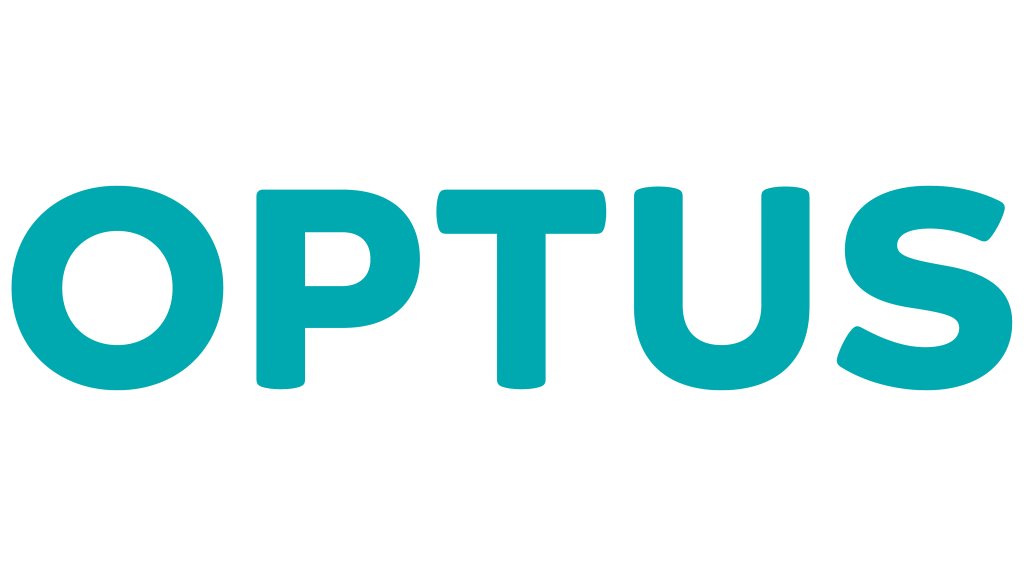Home > Internet Plans > Seniors' Internet Plans
Compare internet plans for seniors side by side through Savvy today!
Author
Savvy Editorial TeamFact checked





We’ve partnered with Econnex to bring you a range of internet plans to help you compare them.
No-contract NBN plans can offer you the freedom to enjoy high-speed internet without being tied down by long-term commitments. Whether you're renting, planning a short-term stay or just want the liberty to switch providers when you please, this may be the option best suited to your situation.
At Savvy, we understand the importance of choice and convenience. Our online platform simplifies the process of exploring and comparing a range of no-contract NBN plans from top Australian providers. Get the ball rolling on your next flexible internet plan with a free, no-obligation quote through us today!
Seniors and pensioners have several internet plan options to choose from, each catering to different needs and preferences:
The National Broadband Network (NBN) has been rolled out by the Australian Government over recent years. It offers various speed tiers, making it versatile for different needs. NBN plans are ideal for those who want reliable and high-speed internet for activities like browsing, email, streaming, and video calls.
Home wireless broadband plans use 4G or 5G networks to deliver internet to your home and are seen as an alternative to the NBN. While they’re capable of rivalling the NBN in terms of speed, because they rely on mobile networks, these plans may be more affected by congestion or your distance from the nearest tower.
Mobile broadband plans also provide internet access via mobile networks, but this can come as either a SIM card, USB dongle or portable Wi-Fi modem. They’re suitable for seniors who value portability and don't want to rely on fixed connections. However, they tend to be more expensive in terms of dollars per GB of data.
Although far less common these days, ADSL plans still exist in some areas (specifically ADSL2+). These plans use existing copper telephone lines to deliver internet. While not as fast as most NBN tiers, being equivalent to NBN 25 in terms of its maximum capabilities, they can be suitable for seniors who have limited internet needs and are in areas without NBN coverage.
The amount of data you need depends ultimately on you as an individual (as well as those living with you) and what you use it for. Most home internet plans today come with unlimited data, so this may not be an important consideration in many cases, but it’s still worth thinking about what you use it for. Some of the activities you can potentially perform under different data allowances include:
100GB
200GB
500GB
Unlimited
Comparing internet plans as a senior involves a few key steps:
By carefully considering these factors, you can find an internet plan that suits your needs, budget, and preferences. You can fill out a quick online form with Savvy and compare offers from a range of providers side by side in one place, simplifying the comparison process.
Yes – some internet service providers offer seniors discounts on their internet plans. These discounts can vary from one provider to another and eligibility criteria may apply. Seniors often need to provide proof of their age, such as a valid seniors or pension card, to qualify for these discounts. It's worth researching and comparing different providers to find the best available plan which offers a suitable discount while meeting your needs.
Yes – many providers in Australia offer bundled plans which allow you to combine your internet and mobile phone services with the same provider. These bundles can offer convenience and potential cost savings, as providers often offer discounts when you subscribe to multiple services. Bundles can include various combinations of NBN, home wireless broadband or mobile broadband alongside mobile phone plans, home phone services or even utilities such as energy.
Bundling your internet and mobile phone plans can simplify billing and customer support, making it a convenient option for seniors who prefer dealing with a single provider for their communication needs. However, it's essential to compare bundle offers from different providers to ensure the combination of services meets your requirements and budget across all areas.
The entire comparison process is free with us, meaning you can use it as many times as you like.
You’ll be able to consider competitive offers from some of Australia’s leading internet providers before you buy.
You can compare plans 24/7 with our online form regardless of where in Australia you’re living.
Disclaimer:
Savvy is partnered with Econnex Comparison (CIMET Sales Pty Ltd, ABN 72 620 395 726) to provide readers with a variety of internet plans to compare. We do not compare all retailers in the market, or all plans offered by all retailers. Savvy earns a commission from Econnex each time a customer buys an internet plan via our website. We don’t arrange for products to be purchased directly, as all purchases are conducted via Econnex.
Any advice presented above is general in nature and doesn’t consider your personal or business objectives, needs or finances. It’s always important to consider whether advice is suitable for you before purchasing an internet plan. For further information on the variety of internet plans compared by Econnex, or how their business works, you can visit their website.
Quantum Savvy Pty Ltd (ABN 78 660 493 194) trades as Savvy and operates as an Authorised Credit Representative 541339 of Australian Credit Licence 414426 (AFAS Group Pty Ltd, ABN 12 134 138 686). We are one of Australia’s leading financial comparison sites and have been helping Australians make savvy decisions when it comes to their money for over a decade.
We’re partnered with lenders, insurers and other financial institutions who compensate us for business initiated through our website. We earn a commission each time a customer chooses or buys a product advertised on our site, which you can find out more about here, as well as in our credit guide for asset finance. It’s also crucial to read the terms and conditions, Product Disclosure Statement (PDS) or credit guide of our partners before signing up for your chosen product. However, the compensation we receive doesn’t impact the content written and published on our website, as our writing team exercises full editorial independence.
For more information about us and how we conduct our business, you can read our privacy policy and terms of use.
© Copyright 2024 Quantum Savvy Pty Ltd T/as Savvy. All Rights Reserved.
Our consultant will get in touch with you shortly to discuss your finance options.
